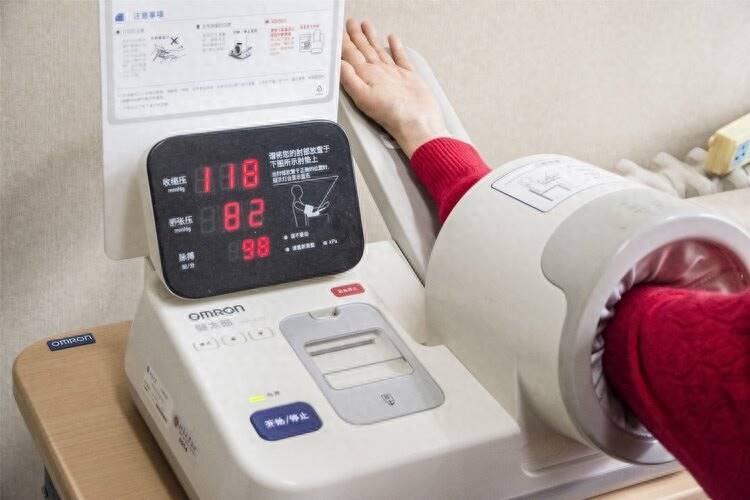
"Renal Failure: Importance of Blood Pressure Control and Kidney Health" Old Zhang, a 45-year-old man diagnosed with hypertension 7 years ago, was shocked to learn he had developed renal failure.

The use of antihypertensive drugs to treat hypertension is safe and can even protect kidney function. However, two key factors contributed to Old Zhang's condition: non-compliance with medication and lack of blood pressure monitoring.
Regular monitoring of blood pressure is crucial for hypertension patients like Old Zhang.

Failure to do so can lead to uncontrolled hypertension and ineffective effects of antihypertensive drugs, eventually resulting in renal failure. The development of renal failure goes through stages, and recognizing early symptoms can help minimize the risk.

These symptoms include edema, hematuria and proteinuria, fatigue, and back pain. To maintain kidney health, four things should be avoided: holding in urine for a long time, unhealthy diet, insufficient water intake, and misuse of medication.

These habits can contribute to kidney disease and increase the risk of renal failure. In conclusion, hypertension should be managed promptly, but healthcare professionals' guidance, proper treatment plans, lifestyle changes, and avoiding misuse of medications are essential. Proper blood pressure control and kidney health are crucial for avoiding renal failure.




















